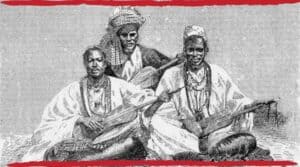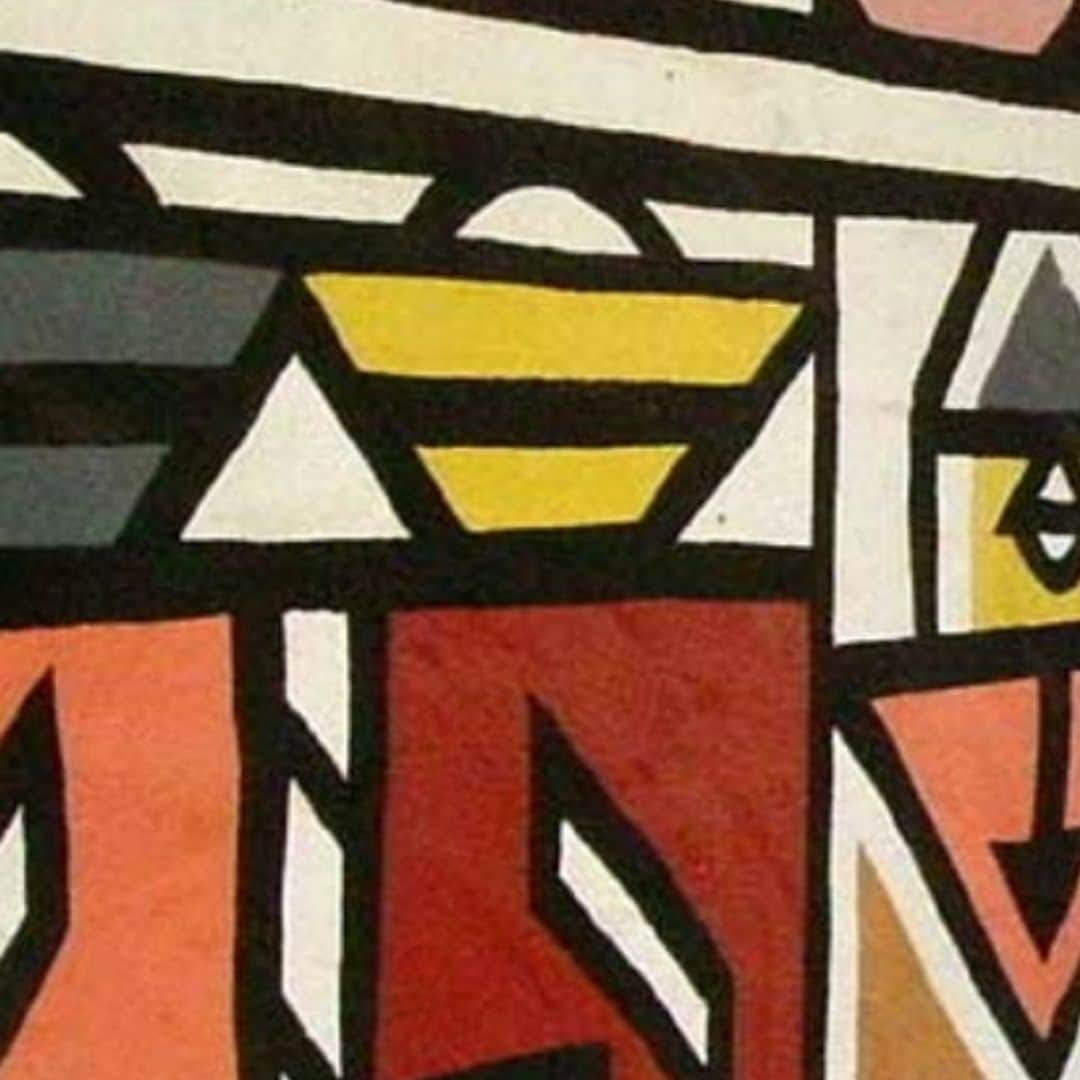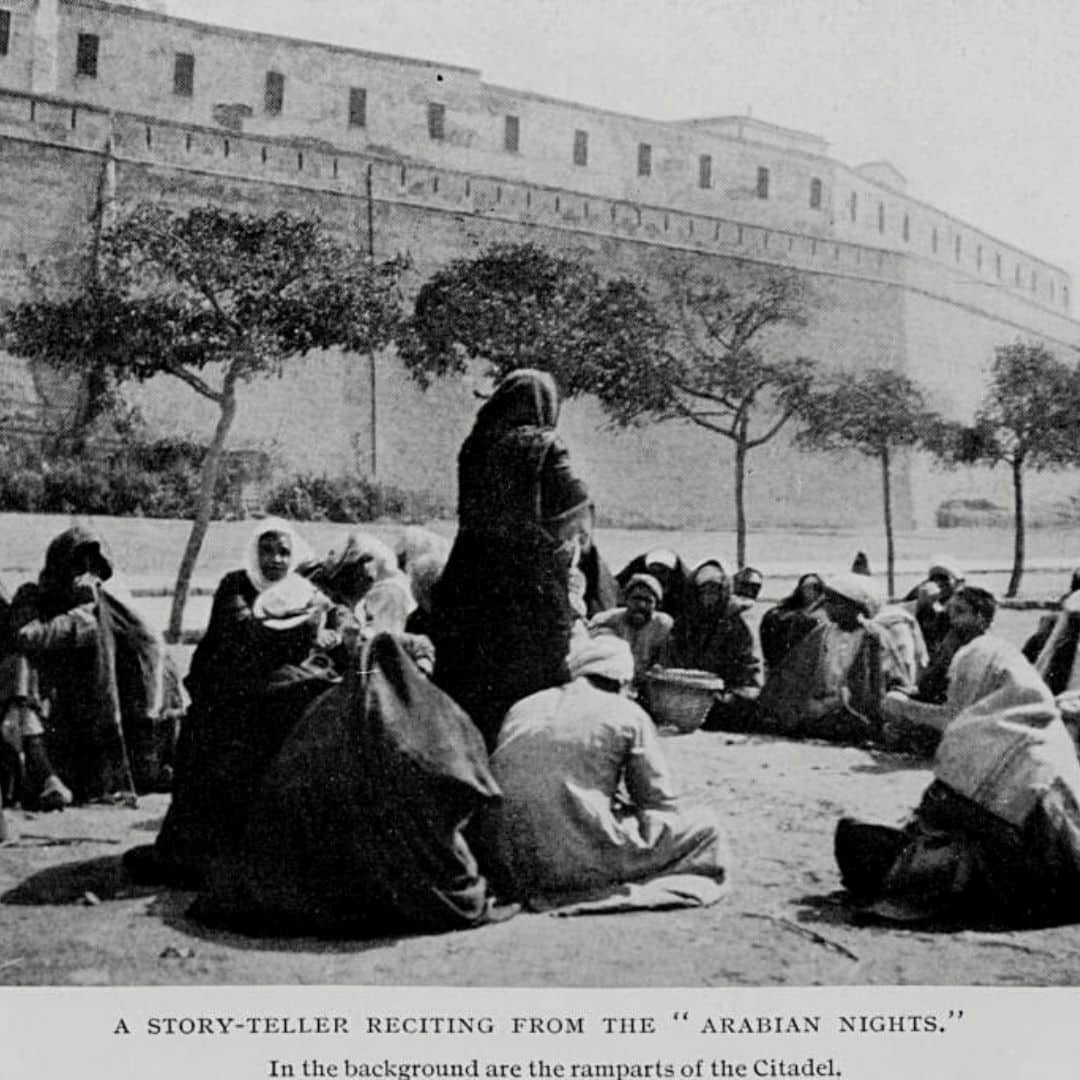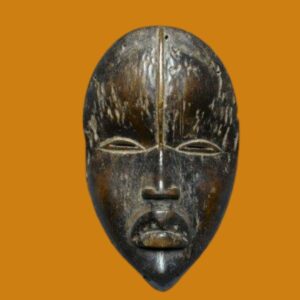oral history definition | the process of recording memories
There are many definitions for Oral History, just as there are many angles that define Heritage and Cultural Heritage.
Oral history relates to the stories and personal memories told by certain individuals about their past and the formal process of collecting and analysing this information by historians.
In order to get a more concrete and comprehensive picture of the Past, Oral History uses a process of registration and preservation of information from a primary source, making it available to the public.
The methodology of Oral History is based primarily on the interview, a thought-out and structured process, which aims to fill certain gaps that records and ‘official’ documents do not.
We speak of the memory of an anonymous subject, as well as that of a community.
Oral History seeks to obtain the stories of all, the oral testimonies of those who actually lived History.
These stories and memories help us to explain our identity and our place in the world, as it provides us with information about how each of us remembers the Past and experiences the Present. And it is on this premise that since the mid-twentieth century, Oral History has been growing in importance.
oral history definition | an historical source
Therefore, Oral History, with all its ramifications, is a discipline with a methodology similar to other branches of historical analysis: it requires of the historian prior preparation in the same way as any other area of study, and a careful analysis of data, in order to properly select and convert it (or not) into an oral source – it will be a primary source, similar to a newspaper article or a registry.
Evidently, and as we are depending on someone’s memories, we have a time limit, determined by the nature of man. We are dependent on the lifetime of the people who share their testimonies, and therefore the potential of Oral History is seen from the point of view of the Present time.
On the other hand, it is fascinating what can be achieved through an interview: the chance to experience what another lived. Thus, Oral History introduces a new type of primary source – the interview – which, although having its limits, helps us to understand more extensively the mentalities and thus also the path of Man throughout History.







1 Comment.
I really need to visit this website more often, this is a gold mine of information.